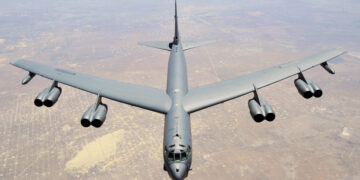September 30, 2025
The stare down between the U.S. and Iran continues
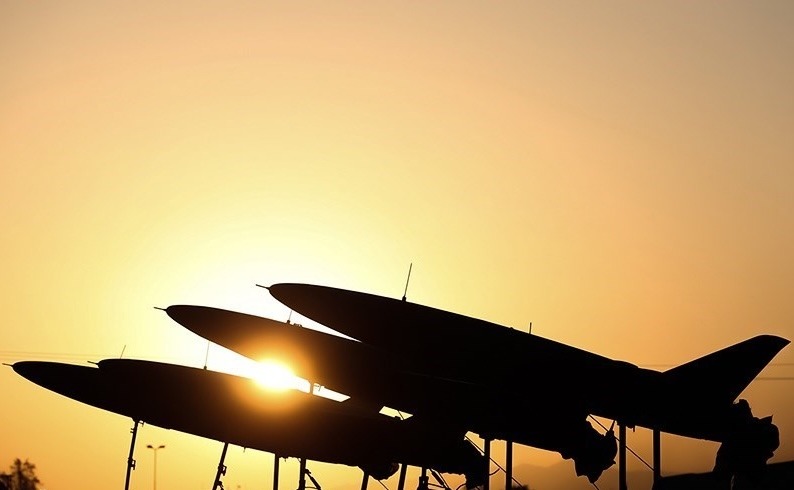
Ten years ago, the United States and Iran, two bitter adversaries that viewed each other in the worst possible light, shocked the world by announcing a major nuclear agreement after nearly three years of intense negotiations. Dubbed the Joint Comprehensive Plan of Action (JCPOA), the deal was essentially an old-fashioned trade: In exchange for the U.S. and the United Nations Security Council lifting sanctions on the Iranian economy, Tehran would put caps on its nuclear work and allow international inspectors to access its nuclear weapons program. While the deal wasn’t perfect—Washington and Tehran would remain on awful terms across the gambit of foreign policy issues—it at least kicked the nuclear can down the road and provided some semblance of predictability.
Of course, we know the rest of the story. President Donald Trump killed the 2015 nuclear agreement during his first term, calling it entirely one-sided; withdrew the United States from participation; and tightened the screws on Tehran’s economy in an attempt to drive the Iranians into negotiating a better deal. It failed. Tehran responded by building more centrifuges, churning out more uranium of higher quality and getting more aggressive with its proxies in the Middle East. Even so, because the Europeans were still technically on board, there was hope, however faint, that diplomacy could be resurrected.
Yet even this glimmer of hope has been extinguished. On Friday, the U.N. Security Council failed to pass a resolution put forward by Russia and China to extend sanctions relief for another six months to buy more time for talks. Washington, with the support of the United Kingdom, France and Germany, opposed the effort and in so doing allowed the Barack Obama-era Iran sanctions relief scheme to expire. All of the Iranian entities that were permitted to access the Western financial system are once again shut out. Iranian exports and imports will be curtailed again. And the clock has been set back to 2014, before the JCPOA was signed.
This spells bad news for the Iranian economy, which is struggling with a massive currency devaluation, inflation rates in the 40% range and a middle class burdened by high costs and a general sense of malaise. The officials inside Iran who once called for direct talks with Washington, Iranian President Masoud Pezeshkian chief among them, are now either silent or transforming into the hard-liners they used to rail against. Iran’s supreme leader, Ayatollah Ali Khamenei, who calls the shots on all the major issues, ruled out direct engagement with the Trump administration days before the U.N. Security Council voted on Friday. “The U.S. has announced the results of the talks in advance,” Khamenei said. “The result is the closure of nuclear activities and enrichment. This is not a negotiation. It is a diktat, an imposition.”
More on Middle East
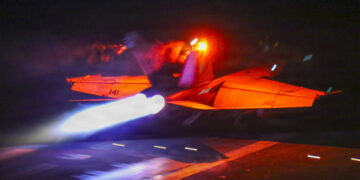
Featuring Rosemary Kelanic
March 2, 2026
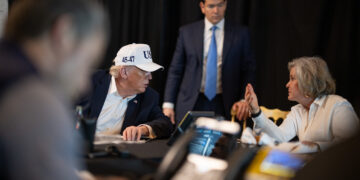
Featuring Benjamin Friedman
March 2, 2026
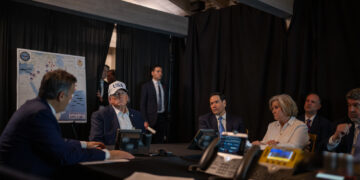
Featuring Rosemary Kelanic
March 1, 2026
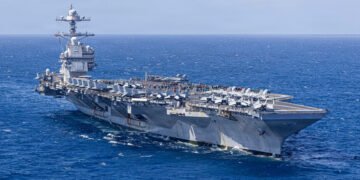
Featuring Rosemary Kelanic
February 28, 2026
Events on Iran



